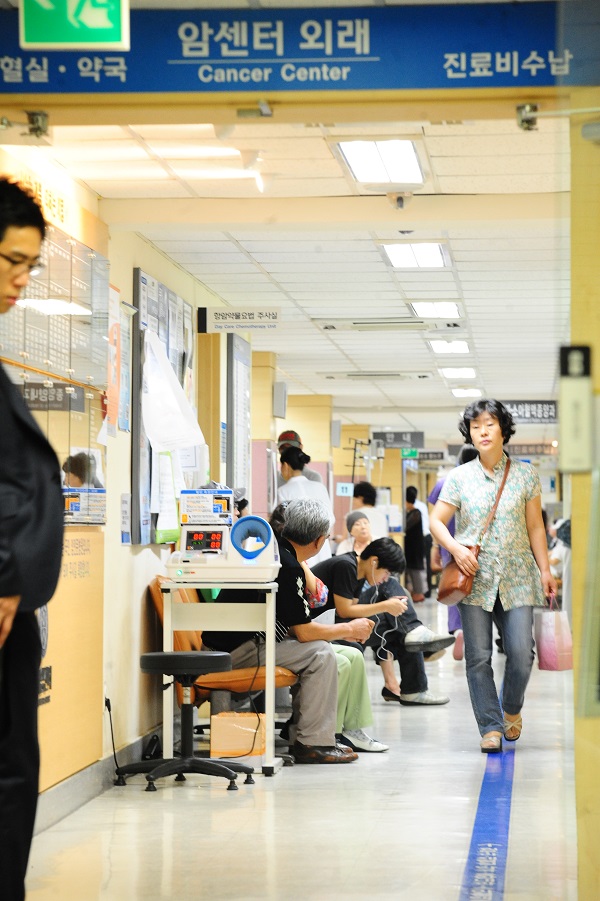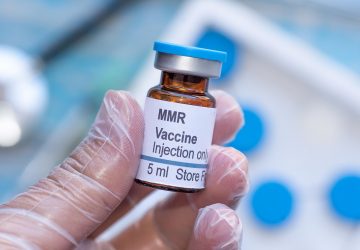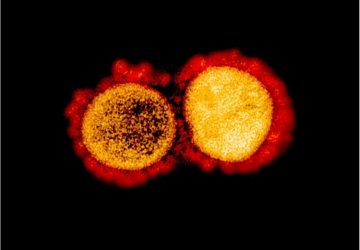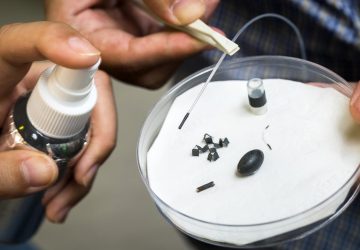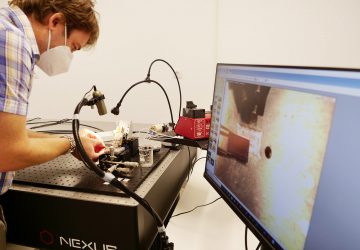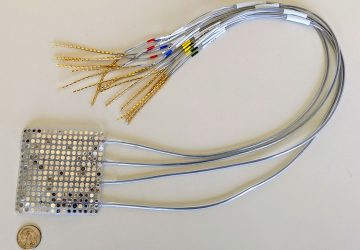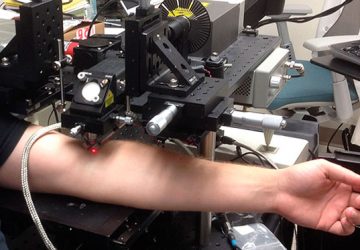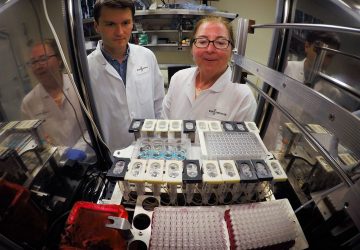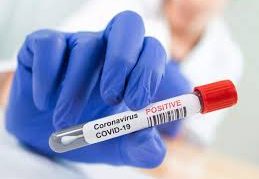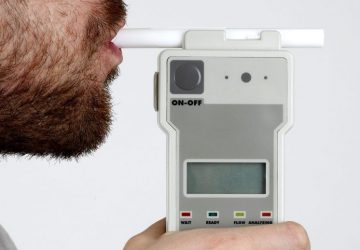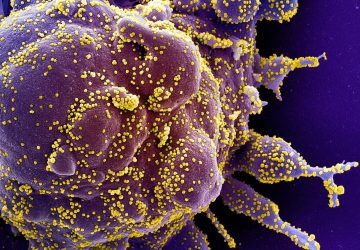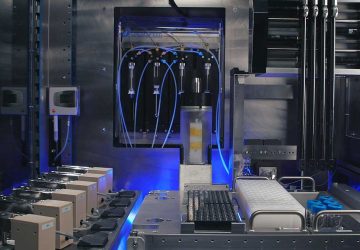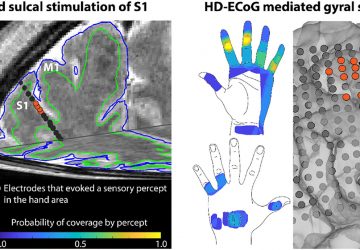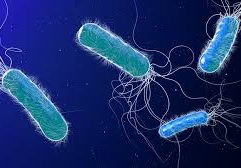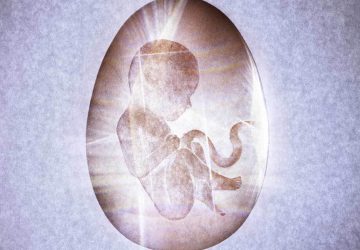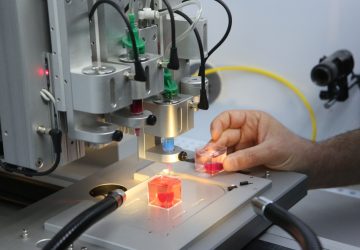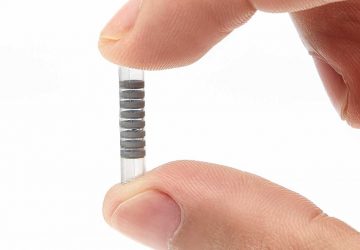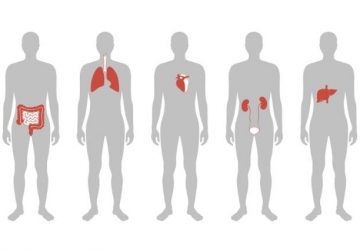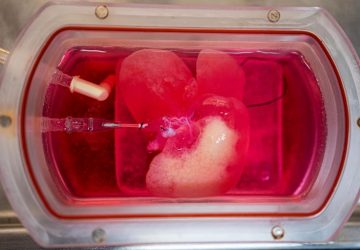Thyroid cancer is no longer the most commonly occurring cancer in Korea, and the 5-year relative survival rate was the same or slightly better than people who did not have it, the Ministry of Health and Welfare said Thursday.
The number of newly-diagnosed cancer patients fell to 214,701 in 2015, a 1.9 percent drop from a year earlier, statistics from the health ministry showed. The cancer incidence has been decreasing by 6.1 percent each year since 2012, after annually rising between and 2012.
The number of people diagnosed with thyroid cancer in one year fell most notably by 19.5 percent to 6,050 people, a surprise considering the controversy over over-diagnosis of thyroid cancer in the nation. Gastric and colon cancer diagnoses also fell by 2.7 percent and 1.6 percent, respectively.
The highest occurring illnesses were gastric cancer, followed by colon, thyroid, lung, breast, liver, and prostate cancer. Of the total, pancreatic cancer diagnoses spiked the most with 5.7 percent, followed by breast cancer (4.3 percent), and prostate cancer (3.5 percent).
Breast cancer had been steadily increasing since 1999 but has been growing at a slower rate of 4 percent between 2007 and 2015, down from 6.8 percent between 1999 and 2007.
Data also showed Koreans have a 35 percent risk of getting cancer, providing they have an average life expectancy of 82 years. On average, two out of five men that live until 79 years-old and one out of three women who live until 85 is likely to get cancer, it said.
Meanwhile, Korea had a lower cancer incidence than the OECD average with 253 people out of 100,000 being diagnosed with cancer.
Survival rates are also increasing, data showed. The relative survival rate for thyroid cancer was 100.3 percent, indicating those who thyroid cancer have an equal or more extended survival rate than those who do not have the disease. The next highest survival rates were for breast cancer (92 percent), liver cancer (33 percent) and lung cancer (26 percent).
The survival rate for gastric cancer in 2011 to 2015 rose the most since 1993 to 1995 to 75.4 percent, indicating a 17.6 percent point difference. Survival rates also increased for prostate cancer by 13.7 percentage points, liver cancer (13.2 percentage points), and lung cancer (26.7 percentage points) in the same time frame.
The health ministry noted that the increase in the 5-year survival rate is attributed to efficient execution of a national 10-year cancer plan started in 1996.
The government will soon execute additional cancer management measures, which aims to protect the whole nation from cancer and improve the quality of life of patients and their families throughout the cancer cycle, the ministry said.Measures will include an integrated support system for children and adolescent cancer survivors, hospice business model, legal basis to revitalize cancer research, free colon cancer screenings, and a national cancer database, among others, it added.
Source: www.koreabiomed.com

